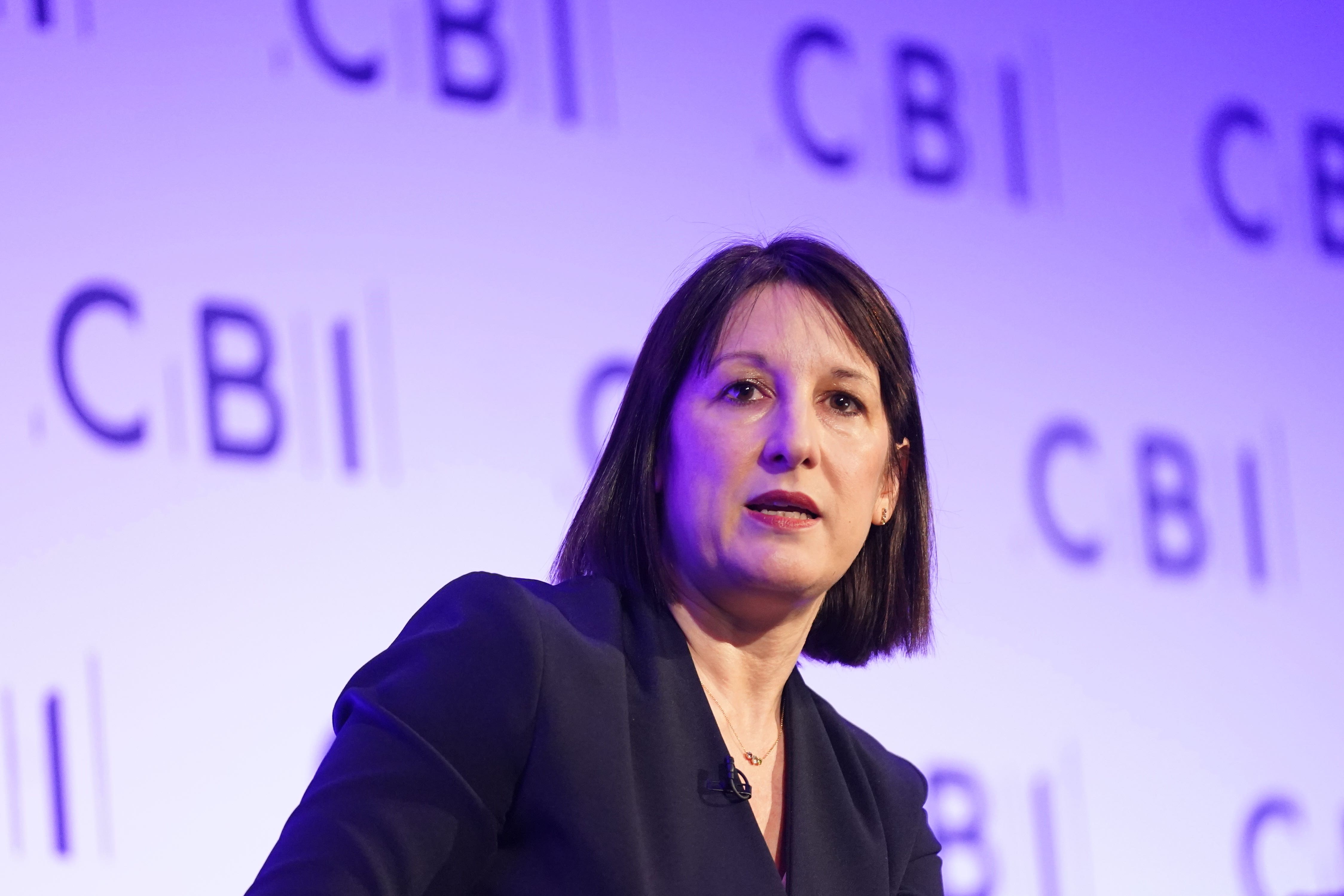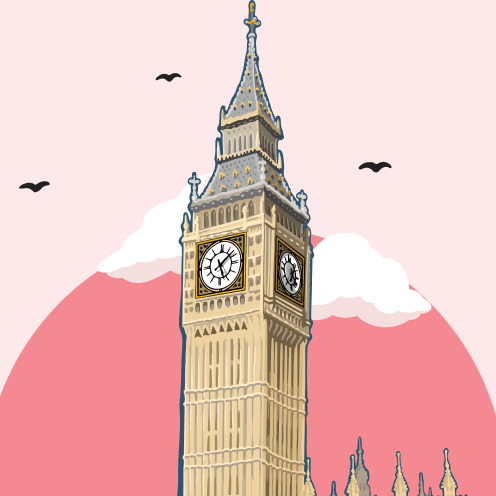Fears are growing that Labour could be planning a new tax raid after Rachel Reeves refused to confirm her recent pledge not to repeat her £40bn Budget hikes.
The chancellor was pressed on the issue in the Commons by shadow chancellor Mel Stride, and again at a conference in the north of England, over her promise last week to the CBI conference.
With her next major fiscal statement expected in the spring, there is confusion over Labour’s economic policy amid a rumoured shift from delivering growth to raising living standards.
Sir Keir Starmer is set to outline the new focus in a speech on Thursday resetting the government’s agenda after just five months in office.

As MPs voted through the controversial Budget increase in national insurance contributions, Mr Stride pressed Ms Reeves on whether she would stick by her pledge at the CBI conference where she told business leaders: “I’m really clear, I’m not coming back with more borrowing or more taxes.”
Mr Stride asked if Downing Street has “changed its mind”, or if Ms Reeves “spoke without thinking”.
Ms Reeves replied only that the government will “never have to repeat a Budget like that”.
Mr Stride said: “I think there is a risk of tax rises in the future given how tight the chancellor’s fiscal headroom is and the risks that lie ahead.”
After a “choppy” first few months in office, Sir Keir and his chancellor appear poised to end their all-out pursuit of economic growth, a key plank of their election message.
With the Office for Budget Responsibility warning that growth is unlikely to rise above 2 per cent following the Budget measures, the pair are understood to be looking for a different benchmark.
Sources close to Ms Reeves deny she is abandoning the goal of growth but accept the emphasis will change in the prime minister’s speech. One said: “Growth is still the goal (it was a manifesto commitment and remains so); on Thursday we’ll set out additional milestone re living standards.” Another said: “You can only improve the cost of living through growth.”
Jonny Haseldine, policy manager at the British Chambers of Commerce said: “Businesses are facing tough decisions as they look to deal with significant extra cost burdens in the months to come. We are talking directly with ministers about the impact this will have, particularly on SMEs which many local communities depend on. The Budget has hit many firms hard, and government has been left in no doubt on the strength of their feeling.
“The cost of living crisis and the cost of doing business are two sides of the same coin. They can’t be dealt with in isolation. Boosting private sector investment is fundamental to improving the cost of living. That’s why it’s crucial that government creates the right conditions for businesses to stay competitive and grow in communities across the UK.”
Callum Price, director of communications at the Institute of Economic Affairs, said: “The government has talked a good game about prioritising economic growth, but their actions tell a different story. The pledge to not tax working people did not survive the chancellor’s first Budget, so we should not be surprised that she is already rowing back from her pledge to not come back for more.”
Ms Reeves tried to calm nerves among business leaders when she spoke in a “fireside chat” at the Great Northern Conference in Hull, where she committed to boosting economic growth in the north of England, and announced new powers for mayors to attract international investment.
She said UK Research and Innovation and Innovate UK would collaborate with all mayors to produce joint plans that shape long-term innovation strategies and investment in places.
But she once again declined to repeat her “no more tax rises” promise.
“I’m not going to pretend that it’s going to be easy for businesses, or indeed for charities or local authorities, to absorb, especially, the national insurance increase,” she said.
“But we made a commitment during the general election, for a reason, that we wouldn’t increase taxes on working people, because over the last few years it has been working people that have had to bear the brunt of tax increases.
“And so we said income tax, VAT and national insurance on employees would not go up, and we have managed to stick to that manifesto commitment, as well as freezing the fuel duty for another year.
“That has meant we have had to increase taxes, particularly national insurance, but also some of the taxes on the wealthiest in society.”
Source: independent.co.uk



